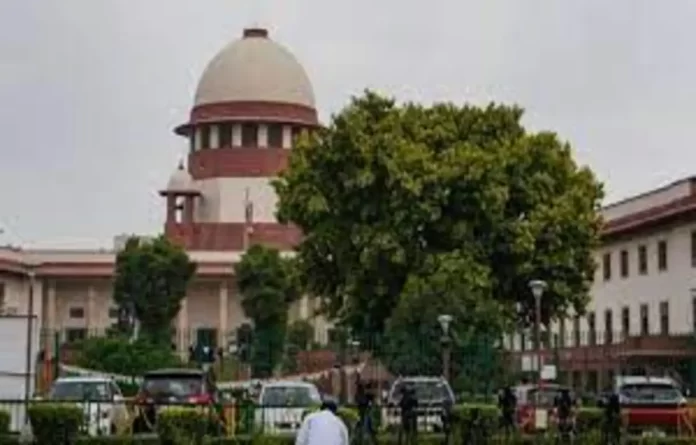The Supreme Court refused to entertain a public interest litigation (PIL) petition lodged by the Internet Freedom Foundation (IFF) challenging the constitutionality of the Criminal Procedure (Identification) Act, 2022, and the attendant rules. However, the court granted the organisation the liberty to move the jurisdictional High Court.
A bench of Justice Sanjiv Khanna and Justice Dipankar Datta was hearing a writ petition lodged jointly by IFF and the Criminal Justice and Police Accountability Project (CPAP), challenging the powers granted to law enforcement agencies under the CPI Act, allowing for the collection of various biometric measurements from individuals entering the criminal justice system.
Notably, the Criminal Procedure (Identification) Act, 2022 replaced the century-old Identification of Prisoners Act, 1920 whose scope was restricted to capturing finger and footprint impressions and photographs of certain categories of people under the instructions of a magistrate. The plea alleged an excessive delegation of authority without adequate safeguards for privacy and due process.
During the hearing, Justice Khanna asked the counsel for petitioners why they didn’t approach the high court. The bench noted that the Supreme Court should not become the court of first instance, adding that it gives them the opportunity to have the view of the high court.
Appearing for the Internet Freedom Foundation, Advocate Abhinav Sekhri stressed on the specific concerns regarding the recent changes in rule-making provisions and the complex interplay between several legislative acts, in an effort to persuade the apex court to invoke its Article 32 jurisdiction.
The advocate contended that the Identification of Prisoners Act conferred a rule-making power only on the states. At present, there is a critical change where the field is now occupied by both the Centre and the states, he added.
Subsequently, Justice Khanna reiterated the court’s stance and said that all constitutional courts are competent to deal with important issues. The judge pronounced that the bench is not inclined to entertain the present writ petition under Article 32 of the Constitution and that they leave it open for the petitioner to approach the jurisdictional high court by a writ petition under Article 226 of the Constitution. The bench further clarified that they have not made any comments or observations on the merits.


